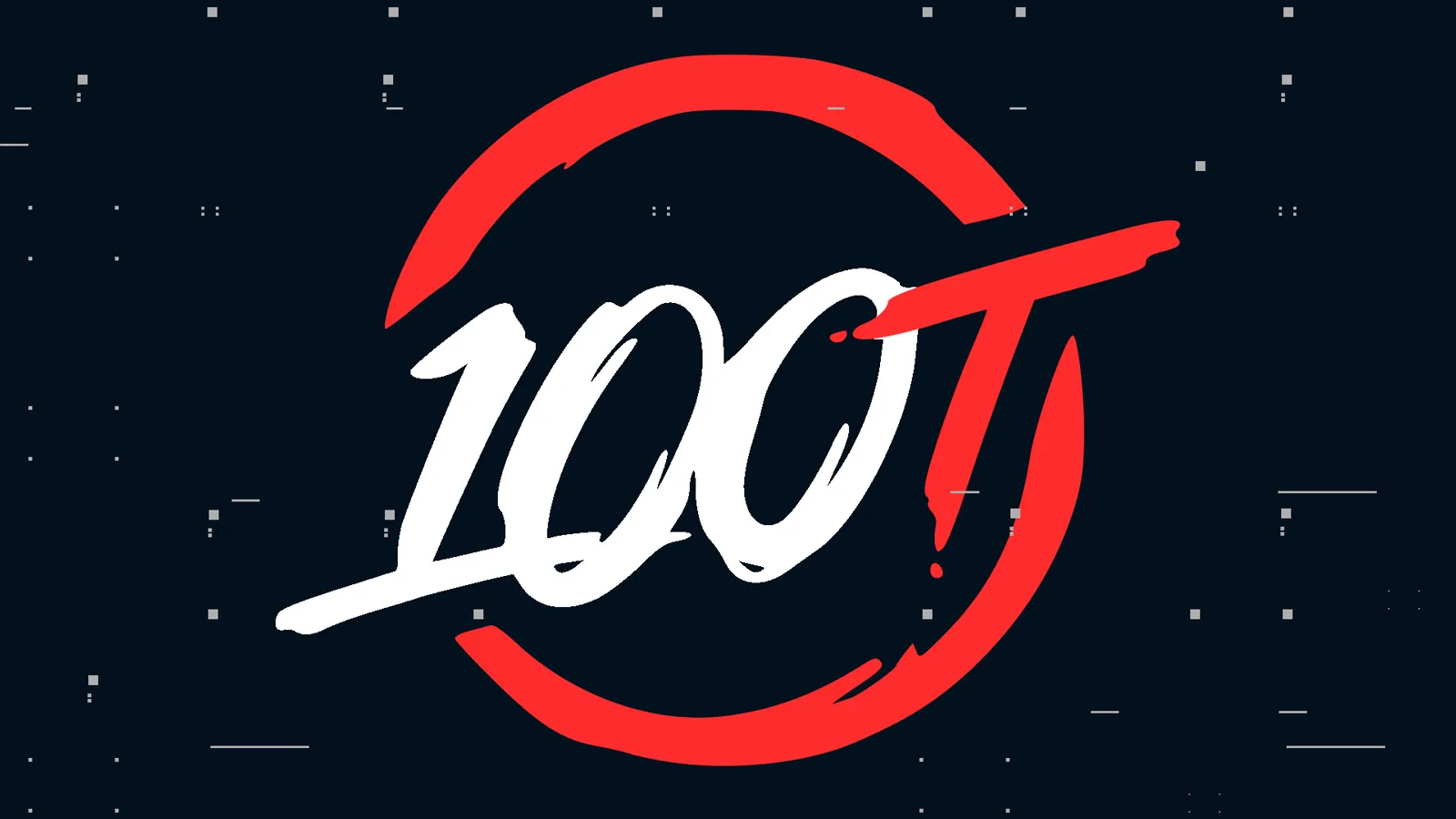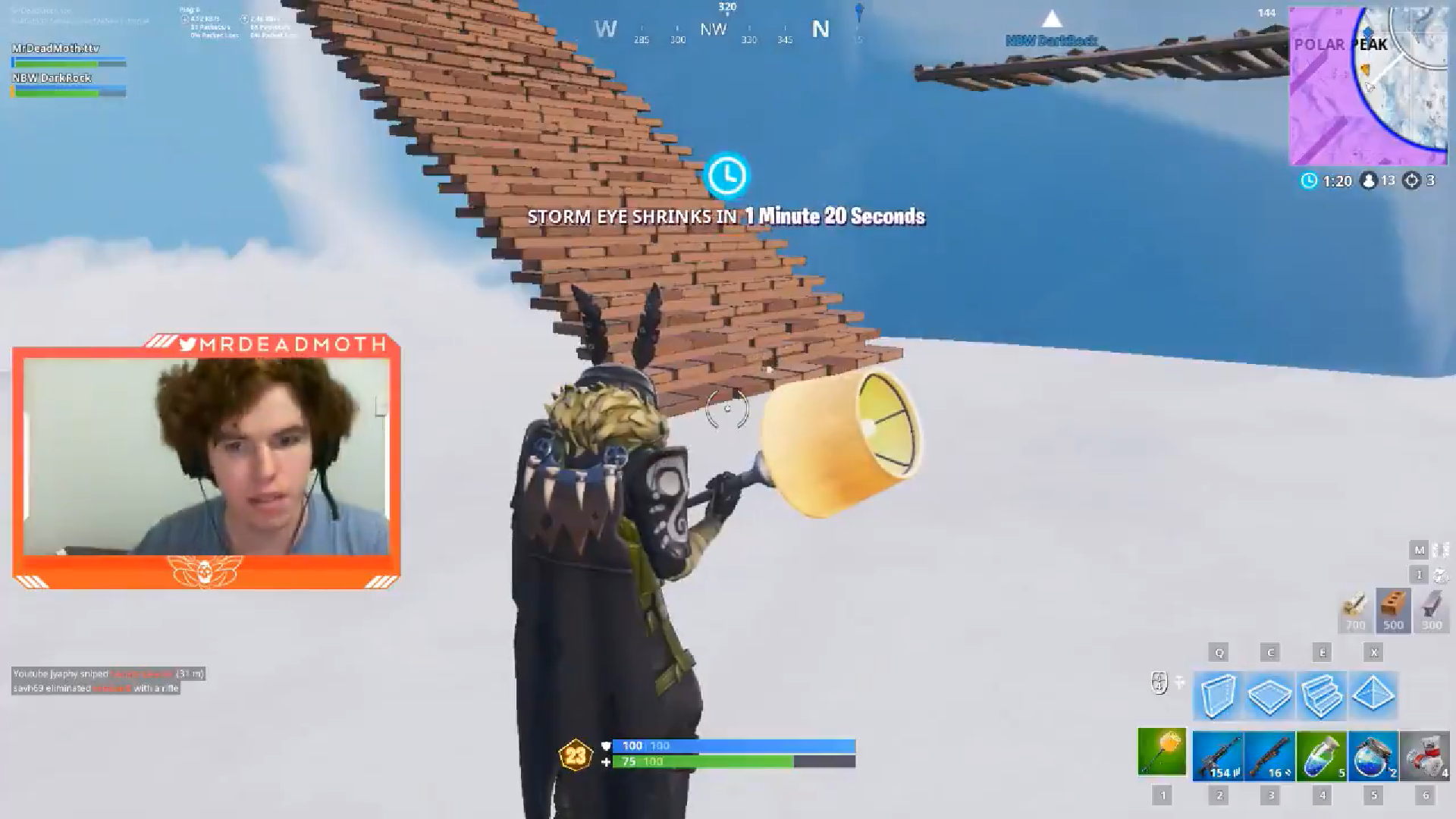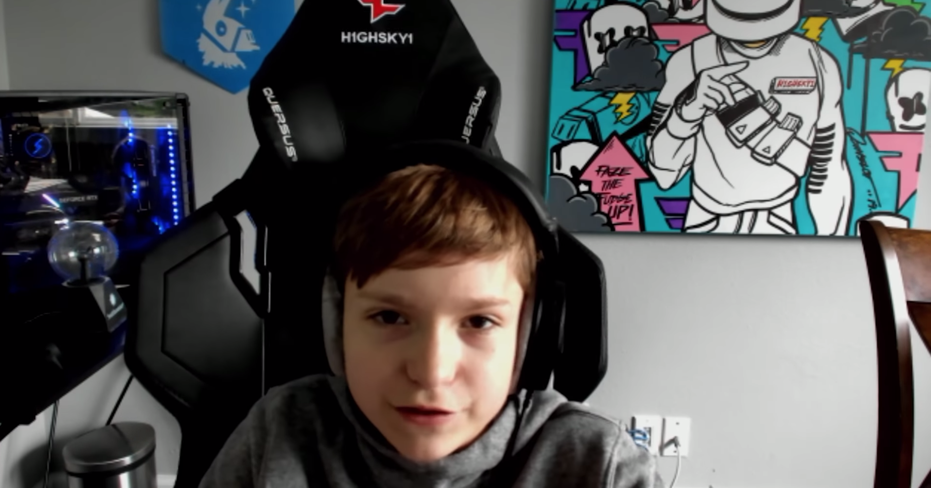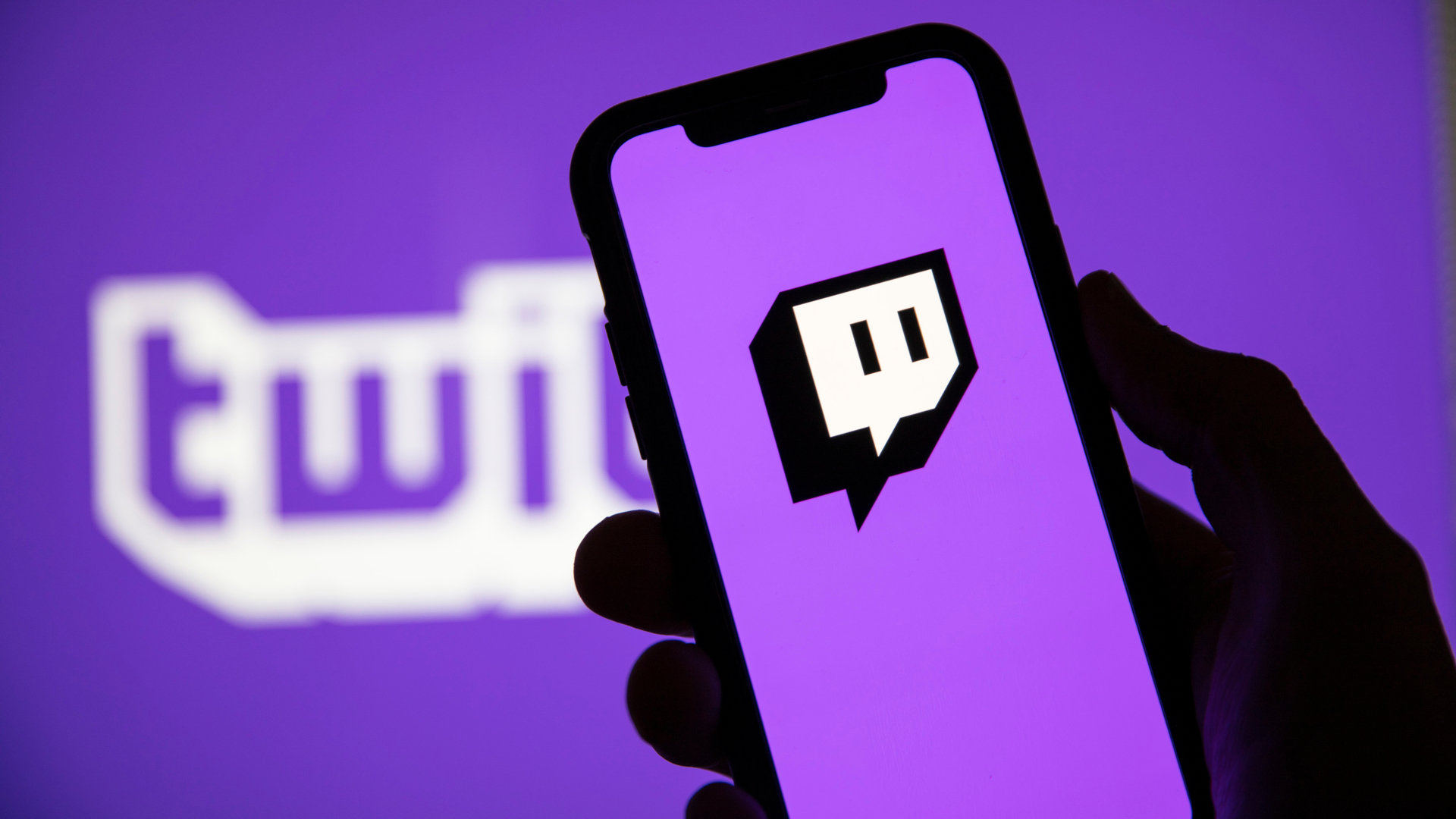After being banned from Twitch in July 2016, streamer James “Phantoml0rd” Varga is suing the company for damages.
Varga believes that Twitch committed breach of contract, intentional interference with contractual relations, and intentional and negligent misrepresentation in removing him from their platform following a scandal relating to skin gambling.
The suit was filed in California on Feb. 14, and uploaded and shared earlier today by esports legal commentator “RisenLazarus.”
Varga was one of a number of major gaming personalities who became embroiled in controversy around virtual currency gambling in 2016. Skype logs revealed by veteran journalist Richard Lewis, which were passed to him by a hacker, alleged that Varga obtained betting percentages and house money to use on CSGOShuffle.com. This was never disclosed to Varga’s viewership and remains undisclosed on his CSGOShuffle YouTube videos today.
The logs, which Lewis distributed to other news sites including Dot Esports, show Varga communicating with Duhau Joris, who was responsible for developing CSGOShuffle. In the course of the logs, Varga discusses sending over $20,000 to Joris, mentions business meetings related to the site, and suggests improvements or new features that could be implemented. The logs heavily suggest that Varga had an ownership stake in the site.
Until now, Varga has not directly acknowledged the logs or the resulting allegations. In the lawsuit, the story is dismissed as “unsubstantiated, false allegations leveled at Varga by a third party, whose accusations were the culmination of an effort to publicly disparage Varga and take advantage of his popularity.” The suit also calls Lewis “unscrupulous” and claims that Varga was never given a chance to respond—something Lewis denies.
According to the suit, Twitch employees repeatedly told Varga that his content was not in breach of the terms of service—specifically his gambling on stream. Varga also alleges that his partnership agreement with Twitch required notice of any terms of service breach, and a 30-day grace period to correct the violation.
Varga believed gambling to be permissible on the platform based on communication with partnerships manager Jason “Opie” Babo. The filing includes messages from Babo in May 2016, where Babo expressed confusion at the current rules around gambling content on Twitch but did suggest that Varga not gamble for more than a few minutes at a time to avoid issues. Babo has since left Twitch, joining ESL in December 2017.
The suit does not, however, mention that Twitch clarified its rules on July 14, 2016, saying that any content which breached Valve’s rules—which includes skin gambling using the Steam API—would be in breach of the terms of service. Varga was then banned on July 19.
Since the Twitch ban, Varga has moved to streaming on YouTube. He continues to gamble in his broadcasts, and offers a coinflip game on his own website.
In the 18 months since skin gambling stories made the headlines, those who promote and operate these services have found themselves under increased scrutiny. The U.K. Gambling Commission said in August 2016 that it believed virtual currency gambling should be treated just the same as real money gambling. In February of this year, FIFA YouTuber Craig “NepentheZ” Dougas was convicted under the UK’s Gambling Act of inviting children to gamble and advertising unlawful gambling.












Published: Feb 19, 2018 05:13 am